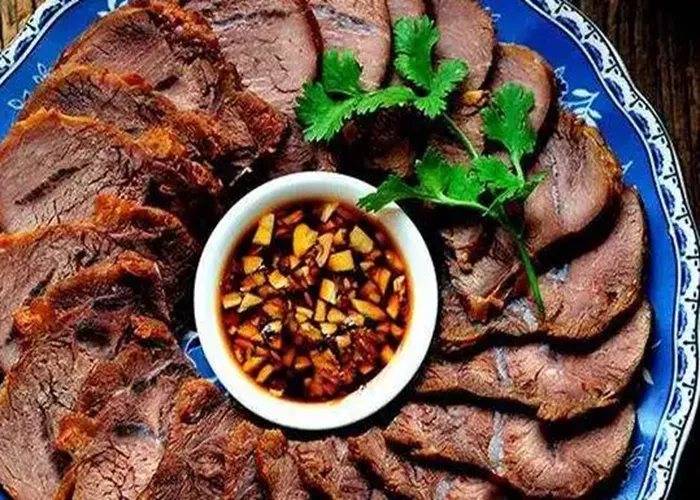In the realm of weight management, the interplay between exercise and diet is a subject of endless debate. Many individuals ask themselves, “Can I exercise and still eat what I want?” The short answer is: it depends. While exercise undoubtedly plays a crucial role in maintaining a healthy weight, its effectiveness is significantly influenced by one’s dietary choices.
The Role of Exercise in Weight Management
Exercise is often hailed as a panacea for weight loss and overall health. It boosts metabolism, enhances cardiovascular health, and builds muscle mass. Regular physical activity can also improve mood, reduce stress, and increase energy levels. However, when it comes to weight loss, the role of exercise is often overstated.
Studies have shown that while exercise can help create a calorie deficit, which is essential for weight loss, its impact is relatively modest compared to dietary changes. For instance, a 30-minute brisk walk can burn around 150 calories, whereas cutting out a single sugary drink can save you hundreds of calories. This underscores the importance of diet in weight management.
The Impact of Diet on Weight Loss
Diet, on the other hand, has a more profound effect on weight loss. What you eat directly impacts your calorie intake, nutrient balance, and overall health. Consuming a balanced diet rich in fruits, vegetables, lean proteins, and whole grains can provide your body with the essential nutrients it needs while keeping calorie intake in check.
Conversely, a diet high in processed foods, sugars, and unhealthy fats can lead to weight gain, inflammation, and a range of chronic health issues. Therefore, while exercise is crucial for overall health, it’s the diet that plays the primary role in weight loss and maintenance.
The Complex Relationship Between Exercise and Diet
Despite the clear benefits of both exercise and diet, the relationship between them is far from straightforward. Exercise can indeed counteract some of the negative effects of an unhealthy diet, but it can’t entirely make up for poor eating habits. Here’s why:
Calorie Balance: Exercise helps burn calories, but if you consume more calories than you burn, you will still gain weight. This is why it’s essential to monitor your calorie intake and ensure it aligns with your energy expenditure.
Appetite Regulation: Some forms of exercise, particularly high-intensity workouts, can stimulate appetite, leading to increased calorie intake post-exercise. This is known as the “compensation effect,” where individuals may eat more to replenish the calories they’ve burned.
Hormonal Changes: Exercise can alter hormone levels, including those related to hunger and satiety. While these changes can be beneficial in promoting weight loss, they can also lead to increased hunger and cravings, particularly for high-calorie foods.
The Benefits of Combining Exercise and Healthy Eating
Despite these complexities, combining exercise and healthy eating is undoubtedly the most effective strategy for weight management. Here’s why:
Synergistic Effects: When exercise and diet are combined, they work synergistically to promote weight loss. Exercise helps burn calories and build muscle, while a healthy diet provides the essential nutrients needed for recovery and energy production.
Improved Metabolism: Regular exercise can improve your metabolism, making it easier to maintain a healthy weight even when calorie intake is slightly higher. This is particularly beneficial for individuals who have struggled with weight loss in the past.
Mental Well-being: Both exercise and a healthy diet can improve mental well-being, reducing stress, anxiety, and depression. This can help you stay motivated and focused on your weight loss goals.
Practical Tips for Combining Exercise and Healthy Eating
Set Realistic Goals: Start by setting realistic and achievable goals for both exercise and diet. This could be anything from walking for 30 minutes a day to eating five servings of fruits and vegetables.
Plan Your Meals: Meal planning can help you stay on track with your dietary goals. Prepare healthy meals and snacks in advance to avoid temptation and ensure you have nutritious options available.
Listen to Your Body: Pay attention to your body’s signals of hunger and satiety. Eating when you’re hungry and stopping when you’re full can help prevent overeating and promote weight loss.
Mix Up Your Workouts: Incorporate a variety of exercises into your routine to keep it interesting and challenging. This could include strength training, cardio, flexibility exercises, and more.
Stay Hydrated: Drink plenty of water throughout the day to stay hydrated and support your body’s functions. Avoid sugary drinks and limit alcohol consumption.
Monitor Your Progress: Keep track of your progress with both exercise and diet. Use a journal, app, or fitness tracker to monitor your activity levels, calorie intake, and weight changes.
The Role of Mindset in Weight Management
Finally, it’s worth mentioning the role of mindset in weight management. Your beliefs, attitudes, and emotions can have a significant impact on your behavior and success in losing weight. Here are some tips to cultivate a positive mindset:
Stay Positive: Focus on the progress you’ve made, not just the weight you’ve lost. Celebrate your achievements, no matter how small they may be.
Be Patient: Weight loss is a gradual process that takes time and consistency. Don’t get discouraged by setbacks or slow progress. Stay committed to your goals and keep moving forward.
Seek Support: Surround yourself with supportive friends, family, and professionals who can offer encouragement, advice, and accountability.
Conclusion
In conclusion, while exercise can play a valuable role in weight management, it can’t entirely compensate for poor dietary choices. Combining exercise with a healthy diet is the most effective strategy for achieving and maintaining a healthy weight. By setting realistic goals, planning your meals, listening to your body, mixing up your workouts, staying hydrated, and monitoring your progress, you can create a balanced and sustainable approach to weight loss. Remember, the key to success is consistency, patience, and a positive mindset.
Related topic:


